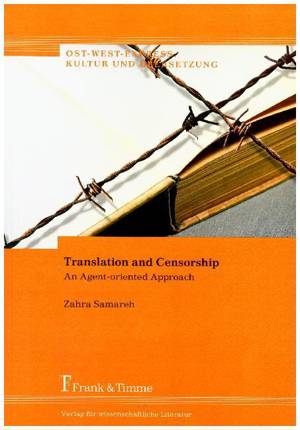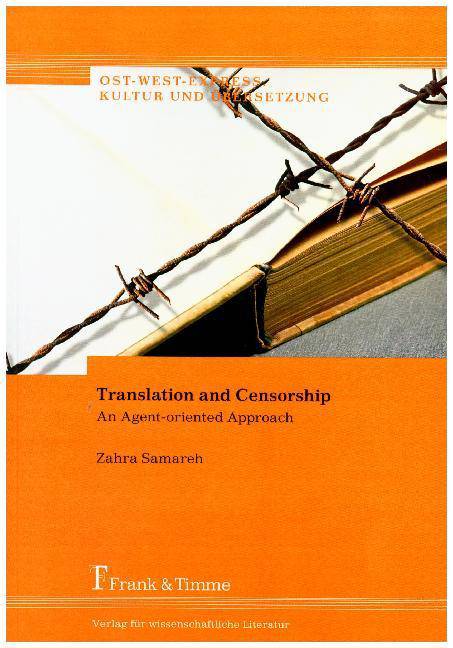
- Afhalen na 1 uur in een winkel met voorraad
- Gratis thuislevering in België vanaf € 30
- Ruim aanbod met 7 miljoen producten
- Afhalen na 1 uur in een winkel met voorraad
- Gratis thuislevering in België vanaf € 30
- Ruim aanbod met 7 miljoen producten
Zoeken
Omschrijving
Working with the concept of censorship in Translation Studies is working with a (political) term that does not bring order to our field of study. Translation inseparable from various constraints offers the theoretical possibility of being equated with censorship. How can translation, as a process and a product that essentially functions as a complex network of exclusions and inclusions, be studied distinctively in relation to censorship - i. e. in relation to a similar complex network? What is the added value of ascribing different names to these two complex networks of exclusion and inclusion? Beyond external regulations and text-bound clues, agony and irritation are to be sought. These combined with a state of forlornness make the violence of censorship differentiable as such.
Specificaties
Betrokkenen
- Auteur(s):
- Uitgeverij:
Inhoud
- Aantal bladzijden:
- 192
- Taal:
- Engels, Duits
- Reeks:
- Reeksnummer:
- nr. 32
Eigenschappen
- Productcode (EAN):
- 9783732903436
- Uitvoering:
- Paperback
- Afmetingen:
- 156 mm x 216 mm
- Gewicht:
- 264 g

Alleen bij Standaard Boekhandel
+ 78 punten op je klantenkaart van Standaard Boekhandel
Beoordelingen
We publiceren alleen reviews die voldoen aan de voorwaarden voor reviews. Bekijk onze voorwaarden voor reviews.











